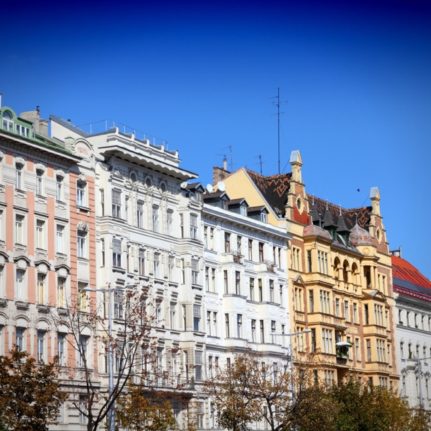Moving to a new country undoubtedly comes with its challenges and those coming to Austria know that learning the language will invariably be one of them.
Though it is possible to live for a long time in Austria without speaking (much) German, especially if you live in the capital Vienna, integration becomes much easier by speaking the local language. And the City of Vienna knows that.
READ ALSO: ‘Brutal’: What it’s really like to learn German in Austria
Austria’s capital offers a series of free services for immigrants and subsidises their study of German in several ways, including by providing Vienna Language Vouchers.
What are these vouchers?
The Vienna Language Vouchers are vouchers in the amount of €150 or €300 that immigrants can use to subsidise their German classes offered by course providers approved by the city. You can see a complete list of German courses here. Besides being part of the approved course providers’ list, the vouchers are valid for A1, A2, and B1 courses.
Some of the courses cost less than the voucher itself, so you can save up a lot by using them.
Who is entitled to the vouchers?
People from third countries who need to fulfil the so-called integration agreement (necessary for issuance and extension of several types of visas, including the Red-White-Red) get three vouchers worth €100 each.
People from EU countries, Iceland, Liechtenstein, Norway or Switzerland, that came as family members, employees or self-employed persons receive three vouchers worth €50 each.
To be eligible for the voucher, your primary residence needs to be in Vienna and you cannot have been in Vienna for longer than two years.
READ ALSO: EXPLAINED: How to claim your €200 voucher for electronics repair in Austria
Where can you get the vouchers?
The vouchers are part of the benefits given to people who participate in Vienna’s “Start” coaching program, which offers individual counselling appointments for new immigrants.
You can schedule an appointment with a City representative by calling +431905003604 (they speak English and several other languages, including Turkish, Bosnian/Croatian/Serbian, and Spanish).



 Please whitelist us to continue reading.
Please whitelist us to continue reading.
Member comments